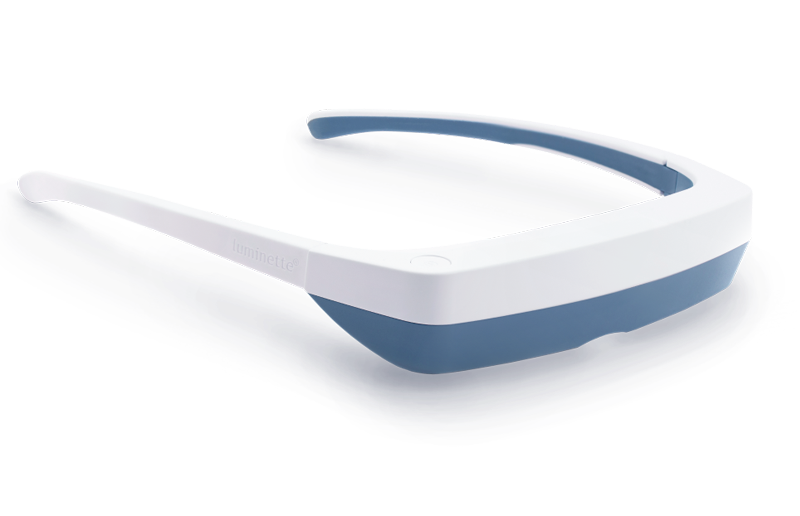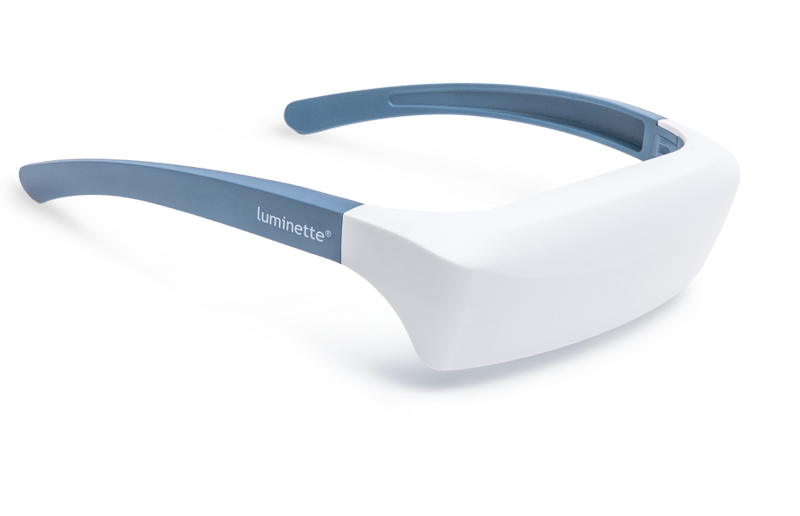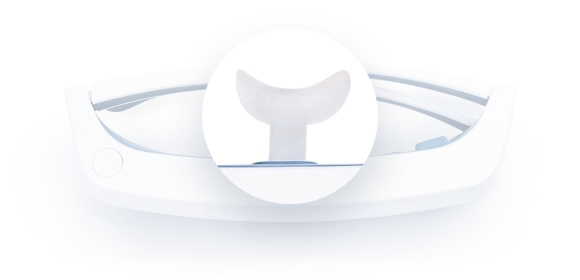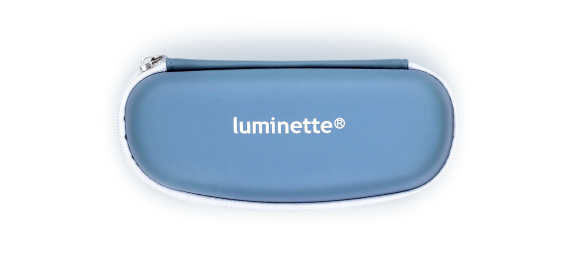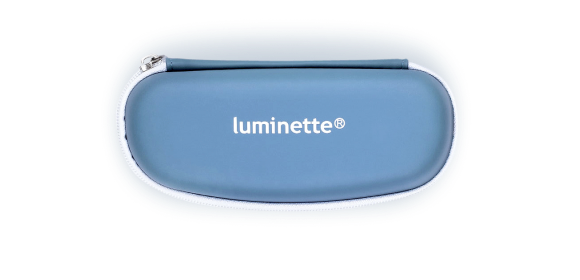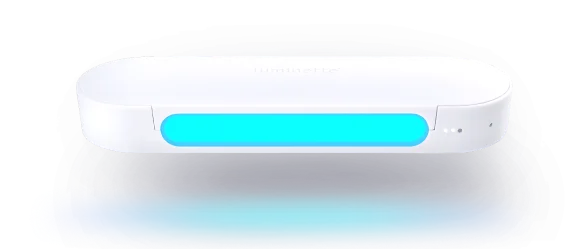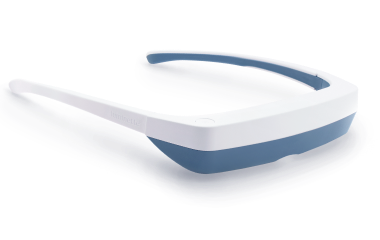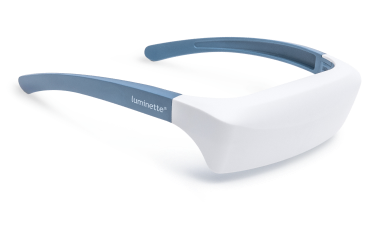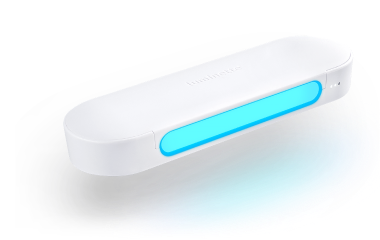Восстанавливающий и расслабляющий сон необходим, если вы хотите достичь максимальной продуктивности и поддерживать общее благополучие. К сожалению, не всем повезло встречать утро с энергией и энтузиазмом.
Качественный ночной сон зависит от взаимодействия генетики, гигиены сна и персонализированных утренних рутин. Хотя вы не можете контролировать свою генетику, многое можно сделать, чтобы правильно настроить два других фактора.
Понимание науки о сне и эффективных утренних привычек жизненно важно, если утро даётся вам с трудом и вы хотите просыпаться с полной энергией.
Давайте обсудим это подробнее в этом блоге и рассмотрим научно обоснованные стратегии, которые помогут вам просыпаться отдохнувшим и бодрым.
Почему мне трудно просыпаться с ощущением бодрости?
Если вы просыпаетесь утром с ощущением вялости и апатии, вы не одиноки. Согласно исследованию 2023 года, до 60% молодых взрослых не чувствуют себя отдохнувшими после пробуждения. Более того, недостаток сна — не единственная причина утренней усталости.
При переходе от сна к бодрствованию задействованы несколько биологических, экологических и психологических факторов. Одно из менее обсуждаемых явлений, которое может затруднять этот переход, — это сонная инерция.
Что такое сонная инерция?
Проще говоря, сонная инерция — это сонливость и ухудшение работоспособности сразу после пробуждения.
Хотя мы все время от времени испытываем сонную инерцию, она становится проблемой, если длится несколько минут или даже часов.
Это явление впервые было выявлено в 1950-х годах среди пилотов ВВС США. Пилоты сообщали о сильной сонливости, которая ухудшала их работоспособность и когнитивные способности во время утренних тренировочных полётов.
Они объяснили, что их мозг не успевал за остальным телом и казался отстающим.
Когда вы просыпаетесь, разные части мозга активируются с разной скоростью. Ваши моторные функции могут работать, но префронтальная кора — отвечающая за принятие решений, внимание и сложное мышление — запускается дольше. Это создаёт ощущение, что ум отстаёт от тела.
Сонная инерция возникает потому, что мозгу нужно время, чтобы перейти из режима сна в режим бодрствования. Во время сна мозг вырабатывает аденозин и другие вещества, способствующие сну. После пробуждения эти вещества не исчезают сразу, из-за чего вы чувствуете сонливость и умственную затуманенность, пока организм не выведет их.
Большинство людей испытывают сонную инерцию в течение 15-30 минут после пробуждения. Однако степень выраженности может варьироваться в зависимости от нескольких факторов, включая стадию сна, из которой вы проснулись, накопленный сонный долг, индивидуальные биоритмы и факторы окружающей среды, такие как освещение. Просыпание из глубокого сна обычно вызывает более сильную инерцию, чем из лёгких стадий сна.
Хотя лёгкая утренняя сонливость — это нормально, сонная инерция становится проблемой, если она длится более часа после пробуждения, значительно влияет на вашу повседневную работоспособность, возникает несмотря на достаточный сон или мешает деятельности, требующей повышенной безопасности, например вождению. Современный образ жизни, такой как нерегулярный режим сна, воздействие синего света перед сном и плохое качество сна, может усугублять сонную инерцию, делая её более тяжёлой и продолжительной, чем, вероятно, испытывали наши предки.

Что вызывает сонную инерцию?
Существует несколько причин, по которым вы можете испытывать сонную инерцию. Некоторые из самых распространённых включают:
Недостаток сна
Если вы внезапно просыпаетесь из глубокого REM-сна, ваш мозг может вызвать сонную инерцию. Резкий переход не позволяет мозгу постепенно подготовиться к бодрствованию, что приводит к дезориентации и усталости.
Недостаток сна в цикле
Вы можете попасть в цикл сонной инерции, если привыкли не высыпаться. Когда вы лишённый сна, вашему телу требуется больше отдыха, и проснуться кажется героической задачей.
Недостаточное качество сна
Просто провести определённое количество часов в постели недостаточно для полноценного сна. Вам нужны правильные циклы REM и NREM сна, чтобы чувствовать себя полностью отдохнувшим.
Если у вас есть медицинские состояния, такие как апноэ сна, ваши циклы сна могут нарушаться ночью, что приводит к плохому качеству сна. Когда вы просыпаетесь после такого сна, ваш мозг не полностью отдохнул, и вы чувствуете головокружение и усталость, даже если провели в постели 8-9 часов.
Кто испытывает трудности с достижением полноценного сна?
Многие испытывают трудности с ощущением свежести, обновления и отдыха после ночного сна. Степень и тяжесть этой проблемы могут значительно различаться у разных людей в зависимости от нескольких факторов образа жизни, биологических и экологических условий.
Тем не менее, определённые группы людей более склонны к развитию проблем со сном, чем другие. Если вы относитесь к одной из следующих групп, возможно, вам стоит пересмотреть свою стратегию сна:
Работающие взрослые
Работа с высокой нагрузкой и совмещение нескольких ролей могут разрушить ваш сон, так как постоянный стресс перегружает способность мозга отдыхать.
Пожилые люди
С возрастом изменения в структуре сна становятся обычным явлением, и вы можете испытывать меньше глубокого сна и больше пробуждений ночью.
Кроме того, у пожилых людей часто есть другие проблемы со здоровьем, такие как артрит, кислотный рефлюкс и респираторные проблемы, которые могут мешать им получать качественный сон.
Сменные работники
Если у вас нерегулярный режим сна из-за особенностей работы или вы сова, вы можете испытывать нарушение суточного ритма. Это будет мешать вашему сну, и вы можете не просыпаться отдохнувшим.
К счастью, существуют способы хорошо выспаться и проснуться с энергией, даже если вы относитесь к этим группам.
Воздействие естественного света
Ваше тело управляется внутренними биологическими часами, которые реагируют на световые сигналы. При воздействии естественного света в течение дня эта система активируется, помогая вам оставаться бодрым и свежим.
Когда нет естественного солнечного света, система отключается, помогая вам получить необходимый отдых ночью. К сожалению, при недостатке естественного света система может сбиваться, нарушая естественный ритм и вызывая расстройства сна.
Итак, как почувствовать себя отдохнувшим, укрепляя этот естественный цикл?
Старайтесь получать солнечный свет не менее 30 минут в день, желательно утром после пробуждения. Это поможет вашему организму регулировать уровень гормона сна мелатонина, облегчая засыпание, поддержание сна и пробуждение с энергией.
Светотерапия — идеальная альтернатива для тех, кто не может получить достаточно естественного солнечного света. Это отличный способ имитировать воздействие солнечного света для регулирования мелатонина и согласования вашего суточного ритма.
Когда вы используете системы, такие как Lamp Drive от Luminette, это сигнализирует мозгу проснуться, укрепляя регулярный цикл сна и бодрствования.
Светотерапия особенно полезна, если вы живете в районе с недостатком естественного утреннего света или если ваш рабочий график не позволяет наслаждаться естественным светом.
Ежедневное использование систем светотерапии может значительно улучшить ваш сон, помогая просыпаться более свежим и энергичным.
Регулярные физические упражнения
Если вы думаете, как просыпаться полным энергии, то упражнения могут стать ответом на ваши проблемы со сном. При регулярных занятиях спортом ваш организм выделяет определённые нейрохимические вещества, называемые эндорфинами, которые помогают снизить стресс.
Привыкайте заниматься спортом как минимум за несколько часов до сна. Планируйте тренировку так, чтобы ваша температура тела вернулась к норме к моменту отхода ко сну.
Регулярное время приема пищи
Если вы задаетесь вопросом, как хорошо выспаться и проснуться бодрым, внимательно проанализируйте свой режим питания. Здоровый завтрак может запустить ваш метаболизм, наполнив вас энергией на весь день.
Соблюдение регулярного времени приема пищи также помогает вашему организму поддерживать биологические часы и предотвращать нарушения сна.
Убедитесь, что ваш прием пищи содержит хороший баланс белков, жиров и углеводов, чтобы поддерживать уровень энергии в течение дня. Ежедневное сбалансированное питание — лучший способ просыпаться отдохнувшим.
Создайте спокойную обстановку для хорошего ночного сна
Секрет того, чтобы чувствовать себя более бодрым утром, также кроется в вашей спальной среде. Убедитесь, что ваша спальня максимально способствует спокойному сну. Лучший способ просыпаться утром отдохнувшим — поддерживать в комнате прохладу, тишину и темноту.
Инвестируйте в качественные матрасы и подушки, которые поддерживают вашу позу во сне. Вы также можете поэкспериментировать с плотными шторами и устройствами для белого шума, чтобы создать идеальную среду для сна.
Контроль температуры играет важную роль как при засыпании, так и при пробуждении бодрым. Ваше тело естественно снижает температуру ядра при подготовке ко сну, поэтому слишком теплая комната может мешать этому процессу. Большинство экспертов по сну рекомендуют поддерживать температуру в спальне в диапазоне от 60 до 67°F (15-19°C) для оптимального качества сна. Рассмотрите использование дышащих материалов для постельного белья, таких как хлопок или бамбук, которые помогают регулировать температуру тела в течение ночи.
Качество воздуха — еще один часто упускаемый из виду фактор, который может значительно влиять на уровень энергии утром. Плохая вентиляция приводит к затхлому воздуху с повышенным уровнем углекислого газа, что может способствовать утренней вялости. Немного приоткройте окно или используйте очиститель воздуха, чтобы поддерживать свежую циркуляцию воздуха в спальне.
Время воздействия света так же важно, как и темнота во время сна. Хотя для сна нужна полная темнота, воздействие яркого света сразу после пробуждения помогает мозгу понять, что пора быть бодрым. Рассмотрите возможность использования будильника с имитацией рассвета, который постепенно увеличивает интенсивность света, или просто откройте шторы сразу после пробуждения, чтобы впустить естественный свет в комнату.
Уберите электронные устройства или хотя бы переведите их в режим полета, чтобы устранить слабое свечение и электромагнитные поля, которые могут нарушать качество сна. Даже маленькие светодиодные индикаторы на электронике могут мешать выработке мелатонина. Если необходимо держать устройства рядом, используйте защитные покрытия от синего света или направляйте их в сторону от кровати.
Обратите внимание на чистоту и порядок в вашем спальном пространстве. Загроможденная, беспорядочная спальня может создавать подсознательный стресс, влияющий на качество сна. Свежие, чистые постельные принадлежности, которые регулярно меняются, не только приятнее, но и улучшают качество воздуха и снижают количество аллергенов, которые могут нарушать ваш отдых.
Чтобы узнать больше, прочитайте Лучшие способы сна: советы по созданию спокойного сна.
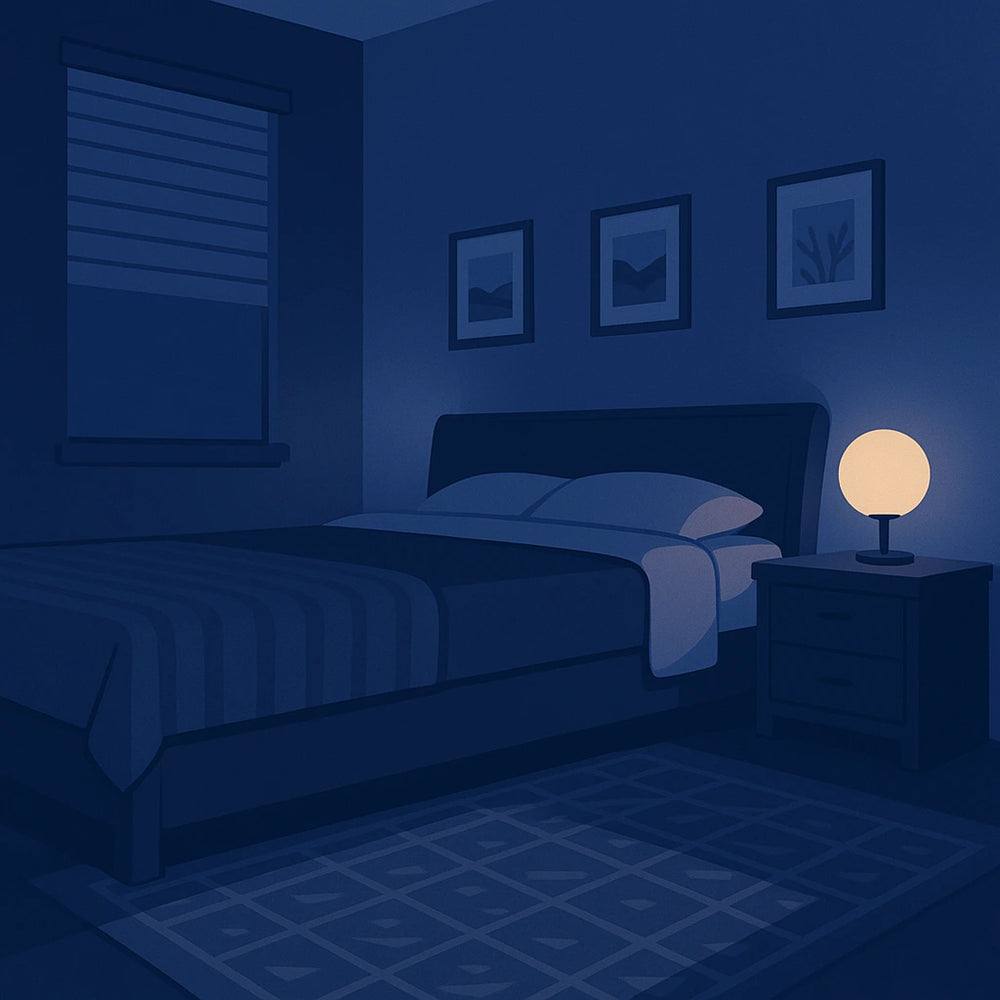
Что можно избежать, чтобы получить более спокойный сон?
Правильные действия недостаточны для хорошего ночного сна. Некоторые вещи, особенно непосредственно перед сном, также следует избегать, чтобы предотвратить проблемы со сном. К ним относятся:
Избегайте использования будильника с функцией повтора
Функция повтора будильника нарушает ваш цикл сна. Нажатие кнопки повтора заставляет вас снова погружаться в глубокий сон, из-за чего проснуться становится сложнее.
Если вы попадаете в фазу REM после отложенного будильника, ваш мозг может испытать резкий толчок, когда будильник прозвонит снова. Это может вызвать инерцию сна, из-за которой вы будете чувствовать головокружение и усталость при пробуждении.
Избегайте употребления кофеина перед сном
Кофеин из той поздней чашки кофе или колы может вызвать инерцию сна в вашем мозгу, не давая уснуть и заставляя бодрствовать далеко за пределами времени сна. Поздний сон запускает порочный круг недосыпания, из-за чего вы чувствуете себя разбитым при пробуждении.
Избегайте еды перед сном
Приём пищи слишком близко ко времени сна может нарушить качество сна. Поскольку организм мобилизует ресурсы для переваривания пищи, засыпание может занять больше времени.
Избегайте использования кровати для работы
Ваша кровать — место для сна, а не для работы. Слишком долгое пребывание в кровати за деятельностью, не связанной со сном, например работой, может создать негативное подкрепление в вашем сознании относительно её назначения.
Вы всегда должны ассоциировать кровать со сном; так, когда вы ложитесь, ваше подсознание сразу начнёт готовиться ко сну.
Испытайте световую терапию с продуктами Luminette
Оптимизация условий для сна важна для снижения сонной инерции, но включение световой терапии в ежедневный распорядок может стать дополнительным мощным инструментом для улучшения утренней бодрости и уровня энергии. Инновационные устройства Luminette специально разработаны для регулирования биологических часов и борьбы с сонливостью, связанной с инерцией сна.
Luminette 3: революционные очки для световой терапии
The Luminette 3 предлагает решение без использования рук для борьбы с утренней сонливостью, обеспечивая целенаправленную световую терапию во время ваших повседневных занятий. Эти инновационные очки излучают обогащённый синим белый свет с яркостью 1500 люкс, специально откалиброванный, чтобы сигнализировать вашему мозгу о необходимости быть бодрым и внимательным. В отличие от традиционных световых коробок, требующих неподвижного сидения, Luminette 3 позволяет продолжать утренние дела — будь то завтрак, чтение или подготовка к работе.
Запатентованная оптическая система размещает свет выше вашего поля зрения, обеспечивая терапевтический эффект без бликов и помех для повседневных дел. Весом всего 65 грамм, эти легкие очки достаточно комфортны для ношения в рекомендованные сеансы длительностью 20-60 минут. Клинические исследования показали, что 68% пользователей отметили улучшение качества сна, а 58% — повышение уровня энергии и снижение усталости.
Luminette Drive: портативная световая терапия для активного образа жизни
Для тех, кто испытывает трудности с утренними поездками или проводит много часов за компьютером, Luminette Drive предлагает уникальное 2-в-1 решение. Это компактное портативное устройство легко крепится к солнцезащитному козырьку автомобиля или краю монитора компьютера, позволяя получать световую терапию во время привычных занятий.
Магнитная система крепления Drive делает установку и снятие невероятно простыми и быстрыми. С тремя регулируемыми уровнями яркости и сеансами длительностью 20-45 минут вы можете настроить световую терапию в соответствии с вашими индивидуальными потребностями и чувствительностью. Устройство использует низкоинтенсивный синий свет, расположенный выше линии глаз, что гарантирует отсутствие помех для безопасности вождения или продуктивности на работе.
Вывод: используйте эффективные советы для получения спокойного сна
Сон — важная часть вашего здоровья, и получение достаточного и качественного сна имеет первостепенное значение. Если вы просыпаетесь уставшим и сонным, пора пересмотреть свой режим сна и привычки.
Убедитесь, что вы получаете достаточно естественного света, регулярно занимаетесь спортом и избегаете стимуляторов, таких как кофе, перед сном. Постарайтесь разработать режим сна, который подходит вашему распорядку и обеспечивает достаточное количество качественного сна.
Если вы не можете получить достаточно естественного солнечного света, устройство для светотерапии, такое как Drive от Luminette, является отличной альтернативой. Это небольшое устройство крепится к козырьку вашей машины, окружая вас низкоинтенсивным синим светом, который дает все преимущества естественного солнечного света без помех для зрения. Испытайте прилив энергии и бодрости всего за 20-минутную сессию в пути.
Часто задаваемые вопросы
Какие привычки помогут мне просыпаться бодрым?
Если вы хотите просыпаться бодрым, занимайтесь регулярными физическими упражнениями, ограничьте потребление кофеина и алкоголя и избегайте экранов перед сном. Эти привычки помогут вашему организму сбросить биологические часы и обеспечат более спокойный сон.
Как гидратация влияет на мой сон?
Поддержание водного баланса критически важно для общего здоровья, включая качество сна. Если вы обезвожены, вы можете чувствовать чрезмерную усталость, что нарушает ваш цикл сна.
Может ли корректировка моего спального окружения помочь мне просыпаться с лучшим самочувствием?
Сон в тихой, темной и прохладной обстановке значительно положительно влияет на качество сна. Рассмотрите возможность использования берушей, масок для глаз или темных штор, чтобы создать идеальные условия для сна и избежать отвлекающих факторов.
Сколько обычно длится инерция сна после пробуждения?
Инерция сна обычно длится от 15 до 30 минут у большинства людей, но может продлиться до нескольких часов в случаях тяжелого недосыпания или при пробуждении из глубоких стадий сна. Продолжительность зависит от таких факторов, как качество сна, циркадный ритм и индивидуальная биология.
Нормально ли испытывать инерцию сна каждое утро?
Легкая инерция сна — это нормально и время от времени испытывают большинство людей. Однако если вы постоянно просыпаетесь с сильной сонливостью на длительное время, несмотря на достаточный сон, это может указывать на проблемы с качеством сна или нарушение циркадных ритмов, которые следует устранить.
Есть ли люди, которые более склонны к тяжелой инерции сна, чем другие?
Да, сменные работники, подростки, частые путешественники, родители маленьких детей и люди с медицинскими состояниями, такими как апноэ сна, более подвержены тяжелой инерции сна из-за нарушенных режимов сна, нерегулярного расписания или скрытых проблем со здоровьем, влияющих на качество сна.
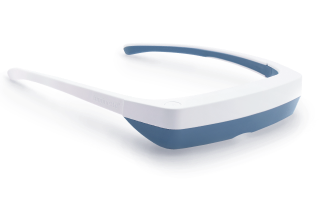
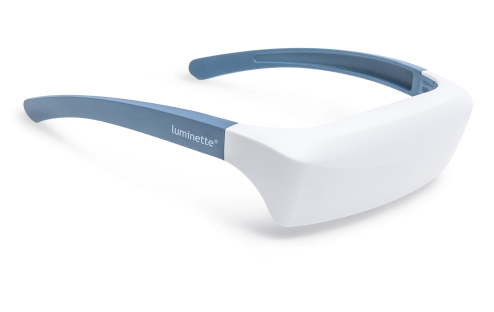
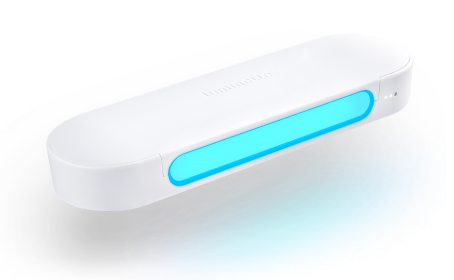
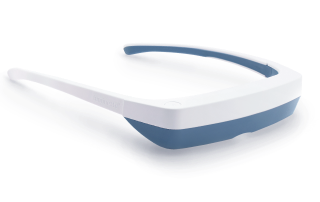
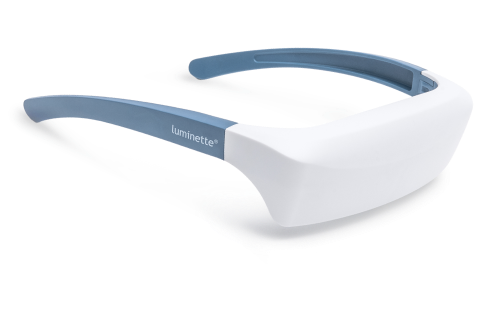
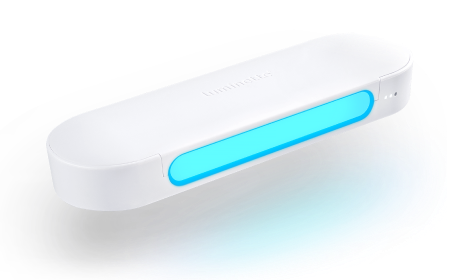
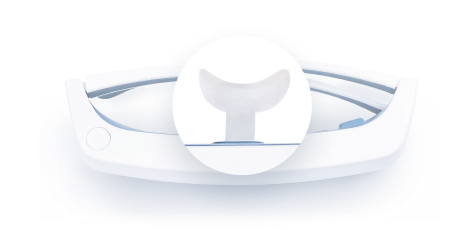
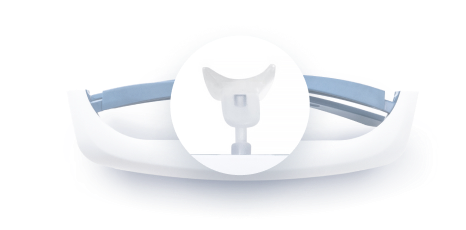
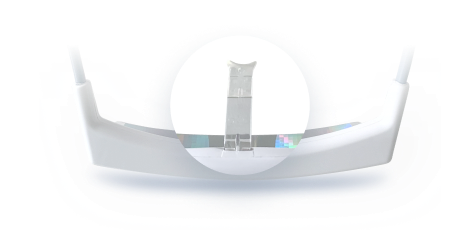
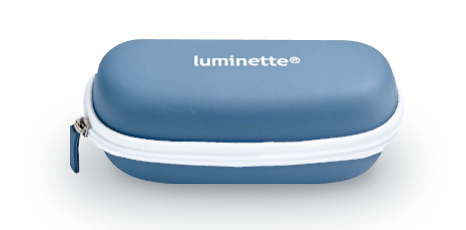
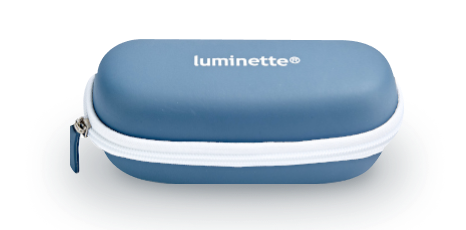











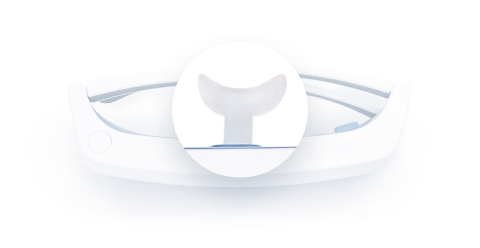
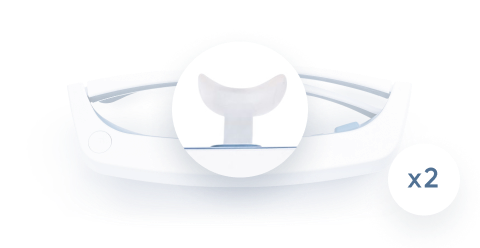
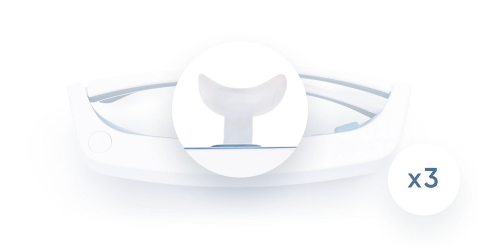
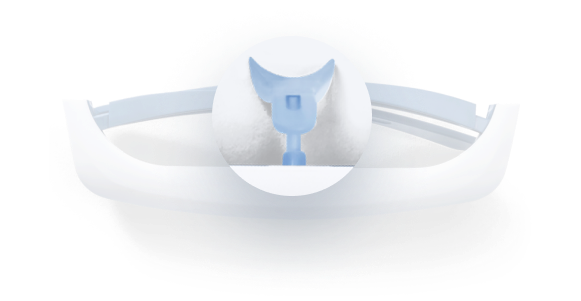
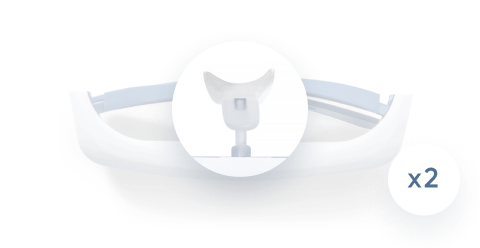
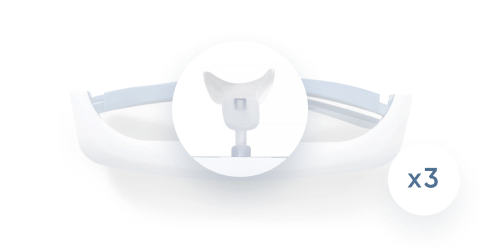
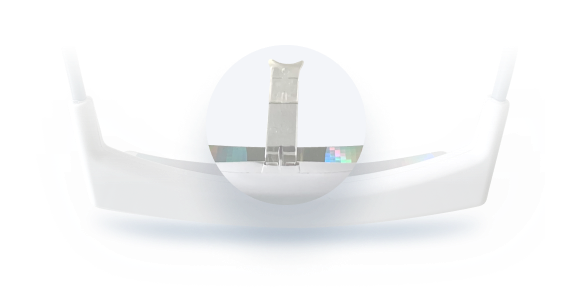
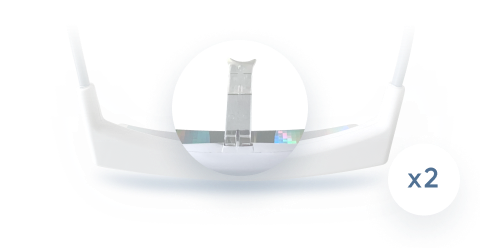
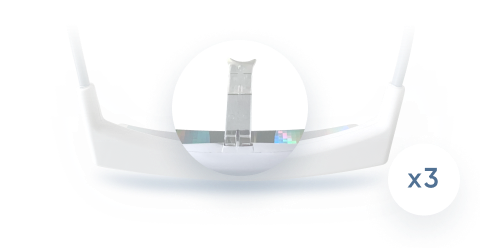
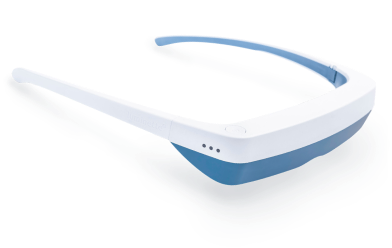
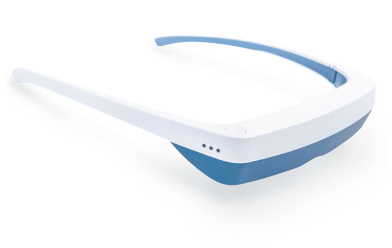
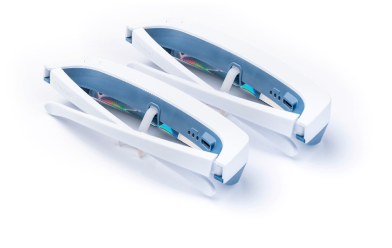




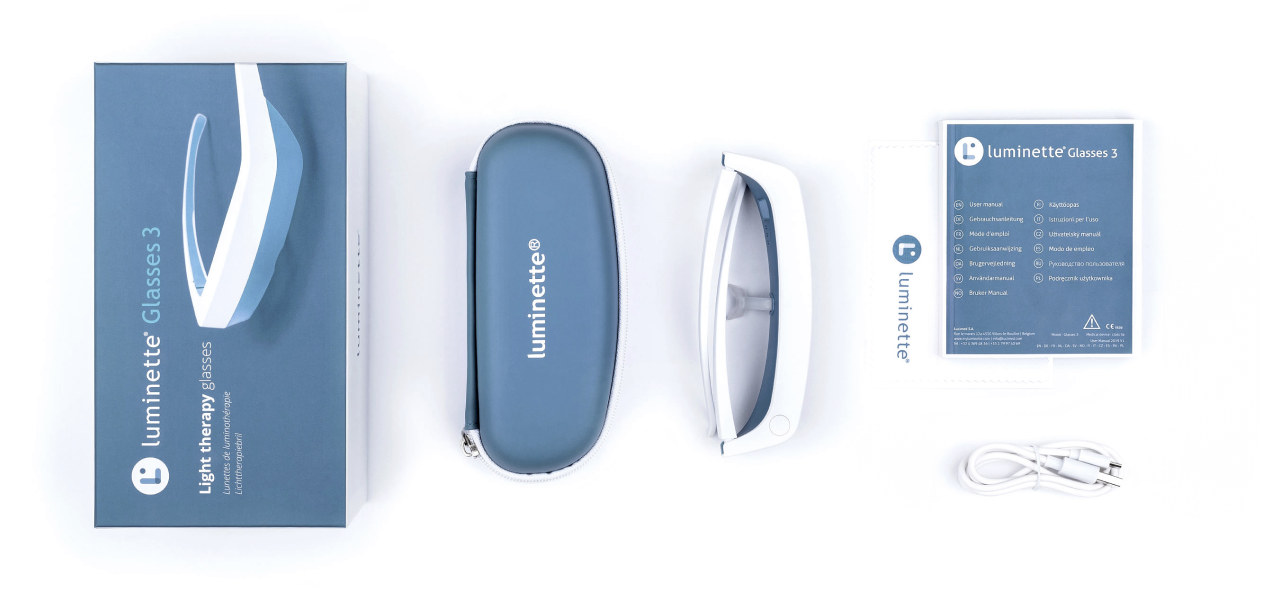
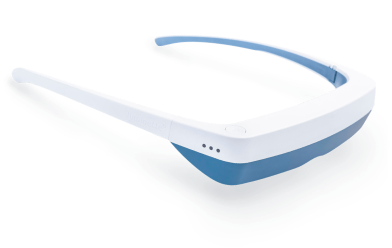
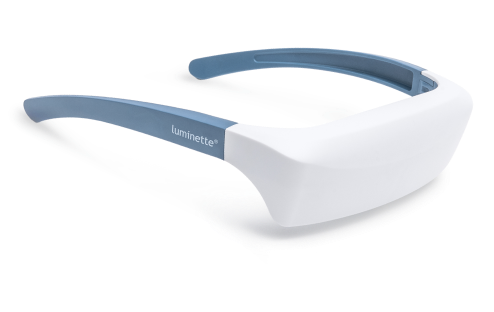
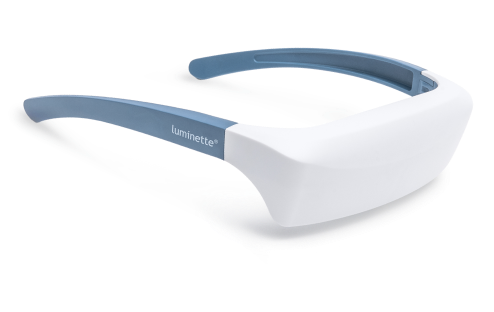
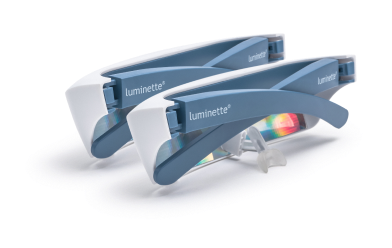

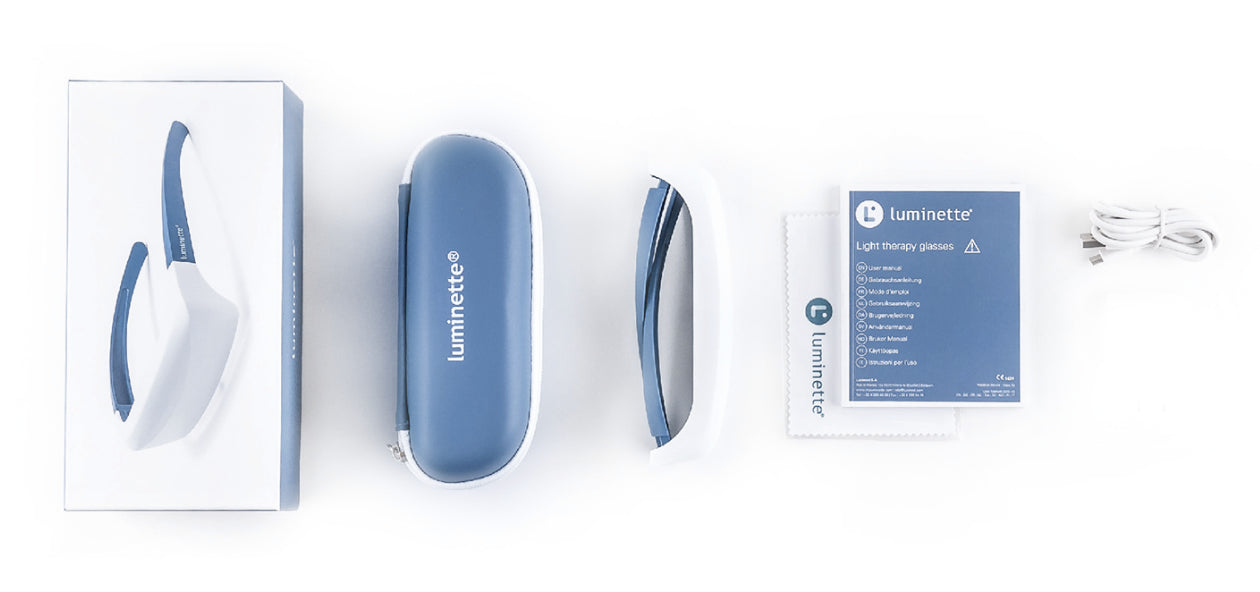
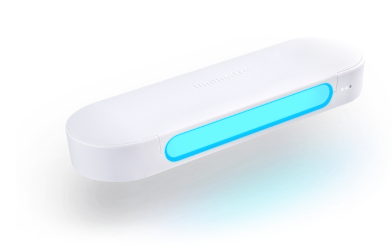
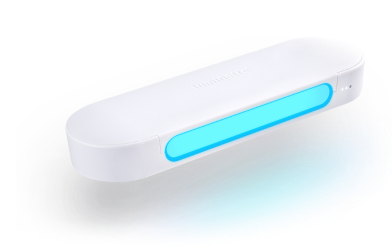
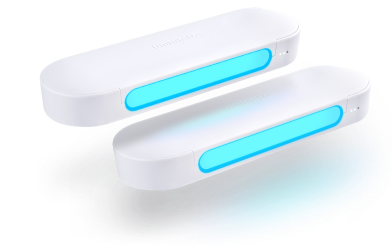
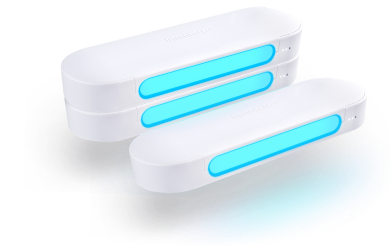
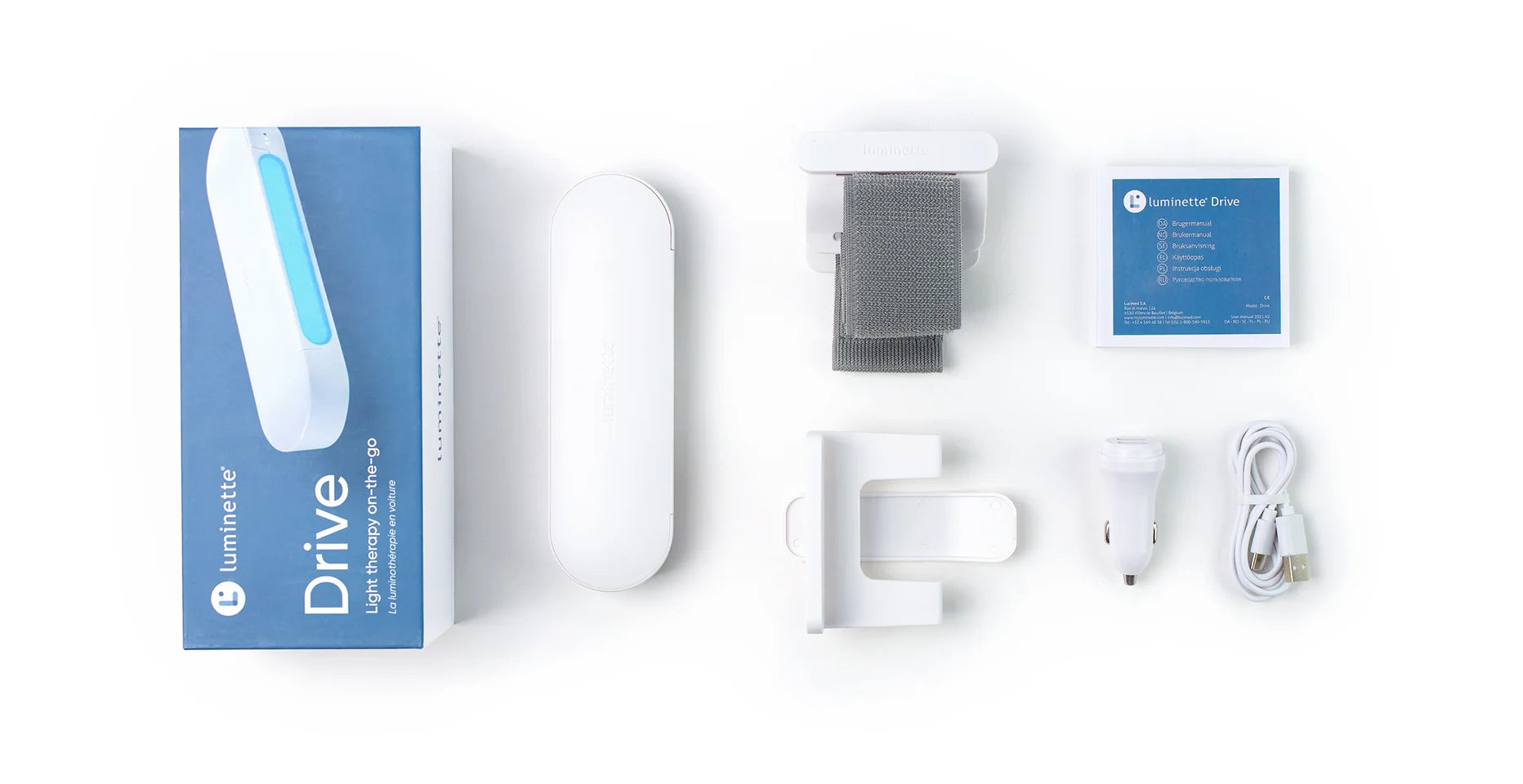

 Please note
Please note



